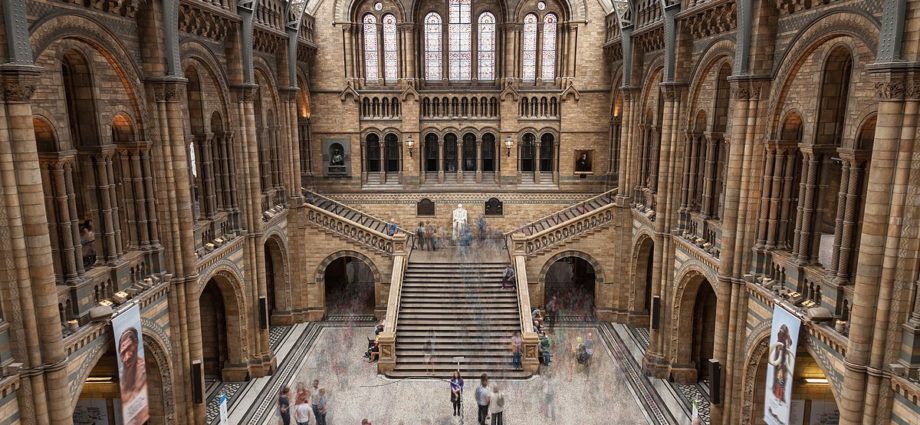
ADVERTISEMENT
On 21 April last week, the Education Secretary, Nadhim Zahawi MP, announced the establishment of a new GCSE course known as Natural History at the Natural History Museum in London. This is part of the Department of Education’s flagship sustainability and climate change strategy. The purpose is to both tackle climate change and to bring awareness to said issue. The implementation of this new qualification has been one of the only policy areas in recent history that has brought politicians from all sides of the political spectrum on its side, with Green Party MP, Caroline Lucas and Conservative former teacher Caroline Ansell supporting the qualification citing it as a major step forward in efforts to ‘green the curriculum’.
The background
The Oxford Cambridge and RSA (Royal Society of Arts) (OCR) were approached by a naturalist, Mary Colwell, who has been spearheading a campaign to address the gap in natural history content in the education system. The examination board OCR acknowledged this fact and has worked closely with Mary, supporter organisations, teachers, students, naturalists, conservationists, and many others with an interest in nature and natural history to address this issue.
In 2020, OCR organised a consultation to help shape early thinking about what a GCSE in Natural History might look like. The consultation was open to everyone, and its aim was to seek views on the purpose of Natural History, what Natural History is and explore the key themes, such as conservation, the early world, and the study of flora and fauna.
There was in fact a huge response to the consultation, with over 2,000 responses, and 200 of those responses being from younger people.
The proposal to develop a GCSE in Natural History to the Department for Education (DfE) was submitted on 23 October 2020, and almost two years later they finally saw the result.
What will this new GCSE cover?
Natural History could be taught to 14 -16 years old from 2025. Pupils will develop a rigorous understanding of the natural world from their own local wildlife, environment, and ecosystem to critical global challenges such as climate change, biodiversity, and sustainability.
The Department for Education said the qualification would allow pupils to learn about organisms and their environments, as well as environmental and sustainability issues, “to gain a deeper knowledge of the natural world around them.”
If there are any pupils desiring a future career in conservation, this will be the qualification to study as it teaches the pupil “how to conserve local wildlife to conducting the fieldwork needed to identify species,” the DfE said.
Pupils of course already learn about environmental issues through the study of urbanisation in geography and habitats in biology, but the government stressed that the new course would “go further” in teaching pupils about the history and evolution of species and the impact of human activity has had on natural environments.


